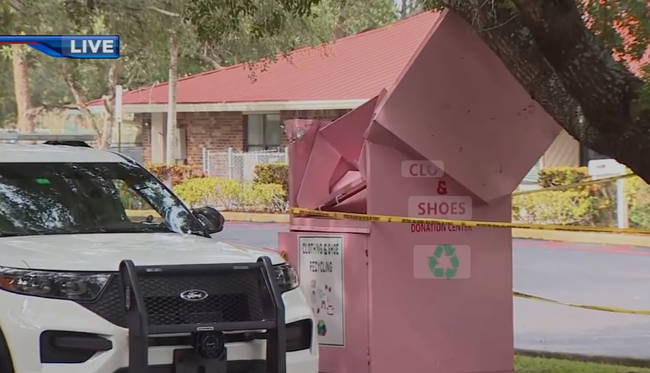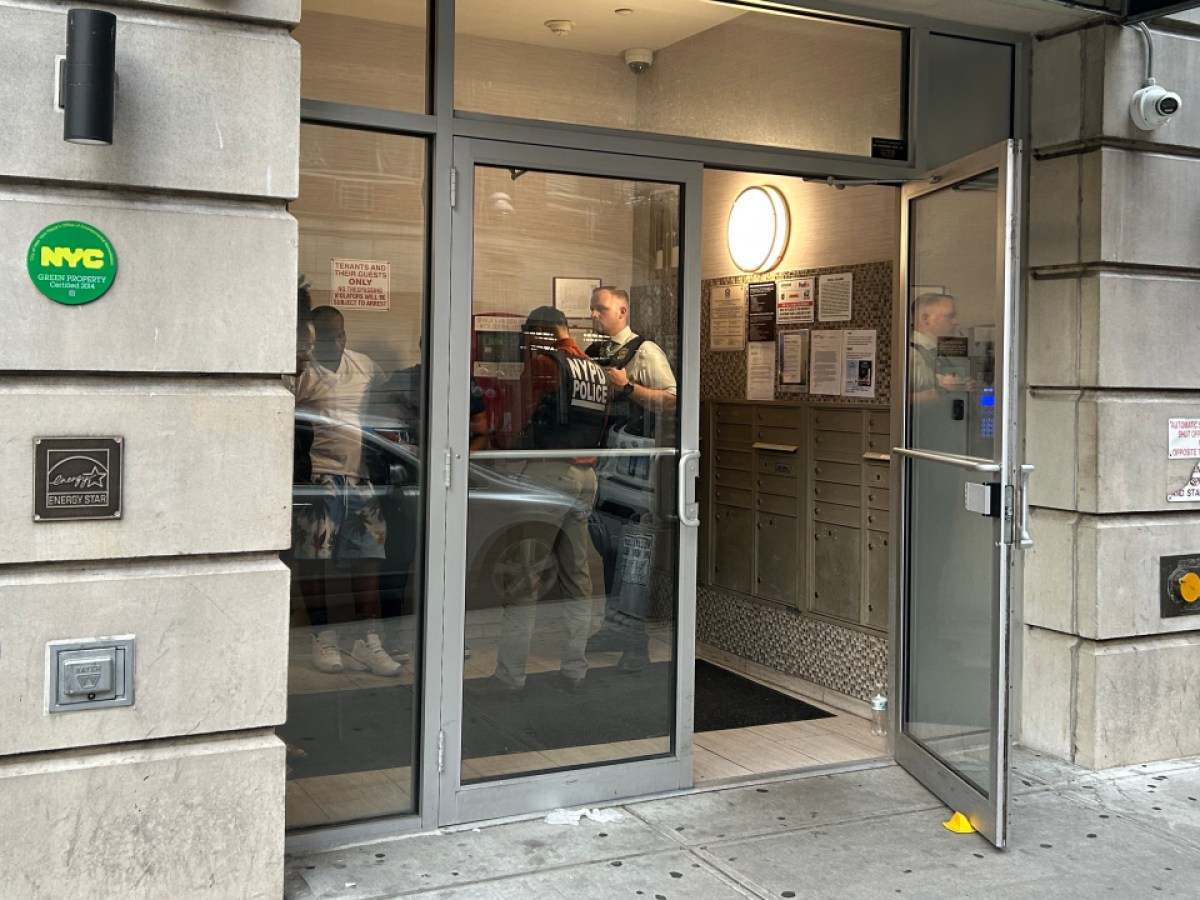The New York Times said Tuesday it will move a portion of its staff out of Hong Kong as a result of vulnerabilities about rehearsing news coverage in the Chinese domain under its recently forced national security law.
The Times announced that it will move its digital group of journalists, about 33% of its Hong Kong staff, to Seoul, South Korea, throughout the following year. Reporters will stay to cover the city, it said.
Different offices, including print production, advertising and marketing staff, are relied upon to remain.
Hong Kong, which was given over to China by the British in 1997, has for quite some time been viewed as China's last bastion of press freedom and is a base for some outside media sources reporting on Asia and China.
However, vulnerability about the press freedom has followed Beijing's inconvenience of a security law on June 30 planned for checking disputes in the city following quite a while of anti-government fights a year ago.
The law expresses that the Hong Kong government will fortify public communication, direction, management, and guideline over issues concerning national security for an assortment of institutions, including the media and web.
The New York Times said a portion of its representatives have confronted difficulties in securing work grants for Hong Kong, which up to this point had once in a while been an issue in the city and was an impediment, for the most part, looked by columnists working in terrain China.
“China’s sweeping new national security law in Hong Kong has created a lot of uncertainty about what the new rules will mean to our operation and our journalism,” the newspaper quoted management as saying in a memo to staff on Tuesday. “We feel it is prudent to make contingency plans and begin to diversify our editing staff around the region."
“Hong Kong has been a leader in supporting the rights of a free press in Asia for decades,” New York Times spokesperson Nicole Taylor said in a statement. She said it was “essential” that the city continues to do so, given how the independent press is treated in mainland China, and especially amid the coronavirus pandemic.

















